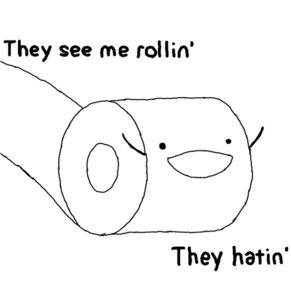12345836
Gene Mutations
Resource summary
| Question | Answer |
| What is a mutation (of genes)? | Any change to the base (nucleotide) sequence of DNA |
| What are the 3 types of gene mutations? | Substitution Deletion Insertion |
| What is a substitution mutation? | One or more bases are swapped for another base |
| What is a deletion mutation? | One or more bases are removed |
| What is an insertion mutation? | One or more bases is added |
| What is a frameshift mutation? | Adding or deleting a base changes the number of bases present, causing a shift in all the base triplets that follow. This is a frameshift mutation - when an insertion or deletion changes the way the rest of the base sequence is read. |
| Complete the sentence: The earlier the frameshift appears in the base sequence, the _______ amino acids are affected and the ___________ the mutation's effect on the __________. | The earlier the frameshift appears in the base sequence, the MORE amino acids are affected and the GREATER the mutation's effect on the PROTEIN. |
| What are the 3 types of effect a mutation can have on an organism? | Beneficial Harmful Neutral |
| Some mutations can have a neutral effect on a protein's function. Why might they have a neutral effect? | The mutation changes a base in a triplet, but the amino acid that the triplet codes for doesn't change The mutation produces a triplet that codes for a different amino acid, but the amino acid is chemically similar to the original The mutated triplet codes for an amino acid not involved with the protein's function |
| What happens to mutations that are beneficial to the organism? | They are passed on to future generations by natural selection |
| Complete the sentences: Mutations can affect whether or not a protein is produced. E.g. if a mutation occurs at the _______ of a gene, so that RNA polymerase can't bind to it and begin ____________, the protein coded for by the gene won't be made. The loss of production of a __________ can have harmful effects - some __________ disorders are caused by this. | Mutations can affect whether or not a protein is produced. E.g. if a mutation occurs at the START of a gene, so that RNA polymerase can't bind to it and begin TRANSCRIPTION, the protein coded for by the gene won't be made. The loss of production of a PROTEIN can have harmful effects - some GENETIC disorders are caused by this. |
Want to create your own Flashcards for free with GoConqr? Learn more.

